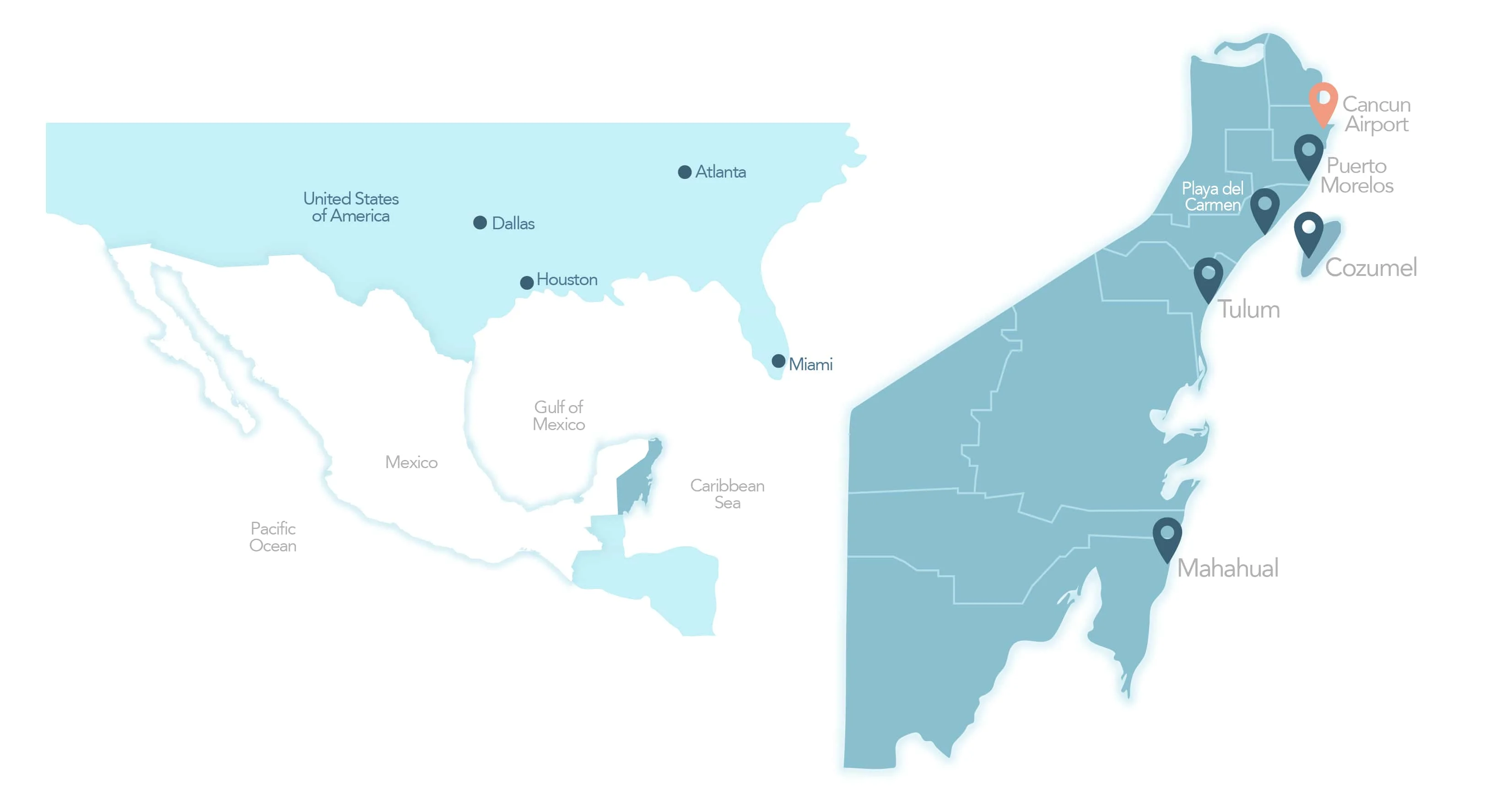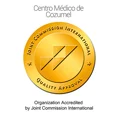



Bariatric Surgery
Oftentimes overweight comes along with other health problems such as diabetes, heart attacks, high blood pressure, dyslipidemia, sleep apnea, infertility, menstrual problems, urinary incontinence, gastroesophageal reflux, cancer of the endometrium, gall bladder, prostate, cervical, colorectal, among others. Mortality increases due to these health problems and poor nutrition.
Costamed has a multidisciplinary team formed by specialists in Nutrition, Internal Medicine, Cardiology, Psychology, Psychiatry, Endocrinology, Gastroenterology, and Bariatric Surgery. For us it is very important that patients have comprehensive care, reaching their objectives in a supportive environment and with the firm conviction that the result will be a joint success.
BMI (body mass index) helps quantify excess weight, which is calculated by dividing weight (in Kilograms) over heigh (in meters). Calculate yours here
- BMI between 18 and 25kh/m2 is considered normal.
- If it is between 25 and 29.9 kg/m2, it is considered overweight.
- Those who are between 30 and 39.9 kg./m2 are deemed obese.
- BMI of 40-25KG./M2 or higher is considered morbid obesity
Currently more than half of the population of the United States is overweight, and over 5 million people are morbidly obese. Mexico is the most overweight country in the world and the second most morbidly obese.
Obesity is known as "yellow cancer" because of the high risk of mortality. The excessive accumulation of fat beyond what the body requires, unbalances caloric intake with energy expenditure and fat accumulates.
Candidate for Bariatric Surgery
How do I know if I am a candidate for Bariatric Surgery?
BMI higher than or equal to 35 Body Mass Index > or = to 35 with or without any associated disease | Stable Obesity Multiple failures with diets and exercise, and obesity longer than 3 years. | NO addictions No addictions to drugs or alcoholism | NO liver cirrhosis
| ||||
Aged between 15 and 65 On special occasions, patients outside this range may be considered | Have NO psychiatric disorders No schizophrenia, paranoia, depression with no medical control, etc. | Be cancer-free No active neoplastic disease | Be willing to change diet Commit to a definitive change in diet habits and lifestyle. |
Bariatric surgery is done in overweight patients where the BMI is greater than 40kg/m2. Patients may have level III obesity (BMI between 35 and 40 kg/m2) with associated comorbidities (type 2 diabetes mellitus, systemic arterial hypertension, sleep apnea, dyslipidemia (elevated concentration of lipid-cholesterol, triglycerides or both) and joint disease, which may improve after weight loss.
If you have already resorted to actions with no result and are willing to make a commitment with yourself, bariatric surgery is recommended.
Important:
- For subjects with metabolic and cardiopulmonary comorbidity, prove a strict medical control (clinical and laboratory) for a continued period exceeding 6 months.
- Demonstrate decision-making skills and have an adequate family support network.
- Understand and undergo medical and psychological evaluation before and after surgery.
- Commitment to adhere to a program of nutritional and psychological control and monitoring.
- Women of childbearing age must agree to avoid pregnancy for at least 1 year after surgery.
- Be between 18 and 60 years old.
Procedures
GASTRIC BY PASS
Gastric bypass is a weight loss surgery that involves creating a smaller stomach pouch and rerouting a portion of the small intestine.
$12,926.00
GASTRIC SLEEVE
Gastric sleeve surgery, also known as sleeve gastrectomy, is a weight loss procedure that involves reducing the size of the stomach by about 80-85%.
$11,403.00
GASTRIC BALLOON PLACEMENT
Gastric balloon placement is a minimally invasive weight-loss procedure for patients with obesity who want to reduce body mass index (BMI) and improve overall health without undergoing major surgery. By placing a saline-filled balloon inside the stomach, it helps patients feel full faster, supporting lifestyle changes that lead to long-term results.
$3,745.00
Where to Do It?











